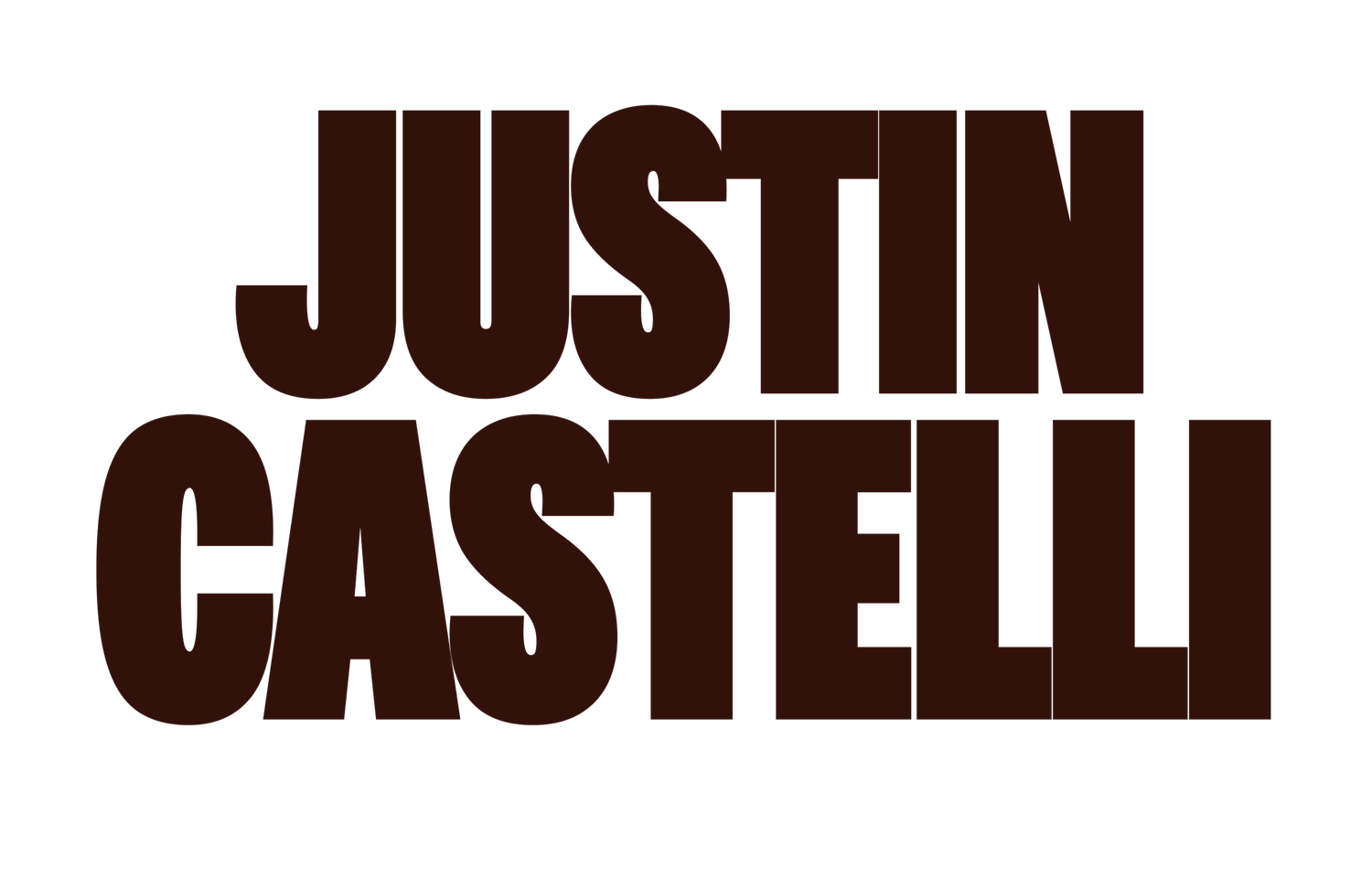reduce regret
As I reflected on my grandmother’s life, a solid 94 years, and thought about the longevity that runs in my family with other grandparents and great-grandparents, I thought about my desire to live a long life with a high quality of life in my later years; I hope I don’t find my Self in the same situation as my grandmother and spending the last few years of my life in a nursing home due to dementia.
Instead, I hope to live like my grandmother’s father did.
My great-grandfather lived independently until he was 99, was never in the hospital until he passed away, and spent each day (when warm enough) outside working in his garden, messing around in the garage, and doing what he wanted.
I know circumstances out of my control might prevent me from living a long, active life like my great-grandfather, but I also know many variables are within my control.
I’d like to think I live a healthy lifestyle and am doing what I need to do to maintain good health later in life, but the truth is, I know I can do better. I could eat cleaner. I could be less lenient with my workouts (for example, two-hour delays and basketball games have kept me without a workout the last two days). I could be more disciplined with my sleep. There’s always room for improvement.
The problem is, I won’t notice if I don’t get better today. The impact of not dialing in my health even more will be years down the road and could result in outcomes I won’t be able to reverse.
I can handle if a future health issue out of my control impacts the length and quality of my life—there’s nothing I could have done.
BUT, I know I’d live with heavy regret if my choices and behaviors today were the cause of a shorter, lower quality of life. There’s nothing I’m doing today that I can change that is more important or enjoyable than living a long, healthy life.
My focus on my behaviors and choices is my long-term health and quality of life in my 90s.
I want to reduce as much future regret as I can when it comes to my health. Again, I’ll accept whatever happens that is out of my control, and I want to avoid looking back and wishing I would have been more disciplined in my 40s.
This thinking applies to more areas in your life than health—this is just what’s at the top of my mind right now.
Take time to look for opportunities for regret to grow later in your life and figure out how to reduce that regret today.
🎧 Listen to today's Note on the LifeDesign+ podcast.
See you tomorrow and keep pursuing,
JC
🦅 Some ways I might be able to help you live your authentic life:
🤝 One on Ones Let's hop on Zoom to do a guided meditation, a creative brainstorming session, or an overcoming an obstacle session.
📝 LifeDesign+ LifeDesign+ is rooted in the Kinder Institute of Life Planning’s EVOKE process, which is a five-step process to help discover what your authentic life looks like and begin to design a plan to bring that life to reality. It continues to incorporate the alignment of your spirit, mind, and body to ensure you evolve with your authentic life, as the authentic life is not a destination, it’s an evolution.
💸 AlignedLife+ AlignedLife+ (and the one-time engagement AlignedLife) takes LifeDesign+ to the next level by aligning your finances with your authentic life at RLS Wealth. For individuals looking for a financial advisor to help design and manage their financial plan while maintaining the alignment of spirit, mind, body, and money, AlignedLife+ was created specifically for you.
📈 LifeDesign+ for financial advisors LifeDesign+ for financial advisors mirrors the LifeDesign+ relationship, including the focus on the alignment of spirit, mind, and body, with an important distinction—once the plan for your authentic life has been designed, we shift our focus to integrating your new plan with your practice.
🤝 Outsourced life planning As your outsourced life planner, you bring me in to take your client through the Kinder Institute of Life Planning’s EVOKE process to help them better understand who they are, what they want their life to look like, and create a vision of this life for you to execute on the financial plan. Since you are their financial advisor, you will be a part of each of the meetings, so you understand the “why” behind your client’s new plan.
